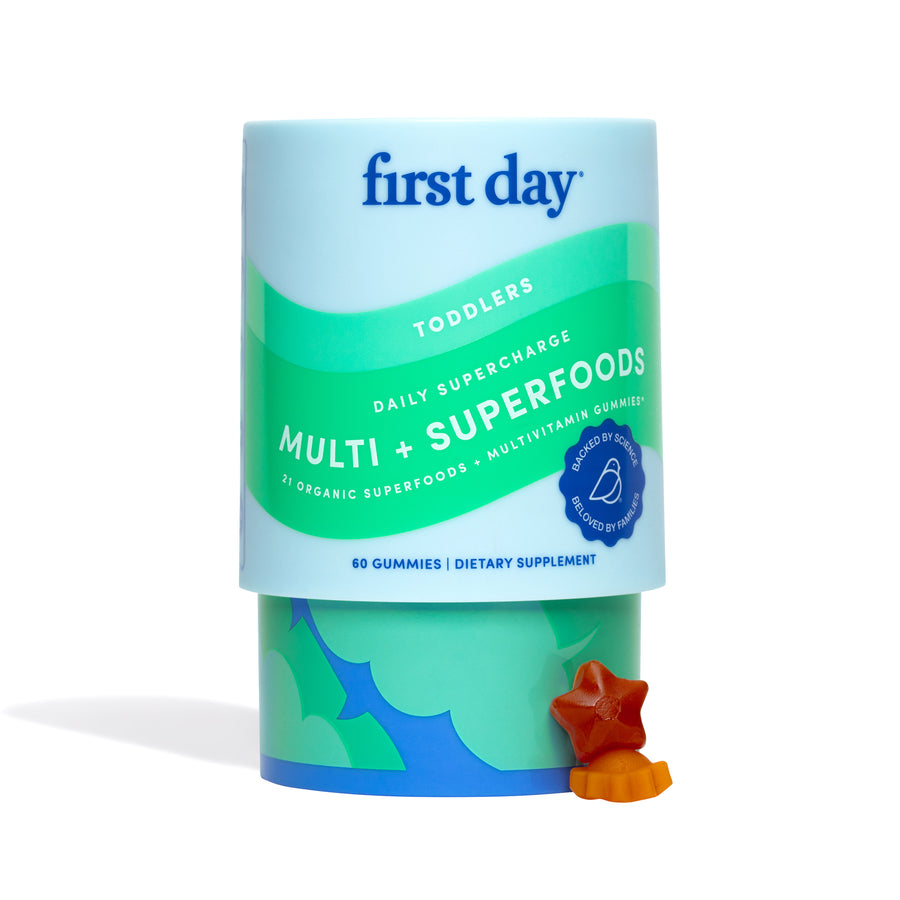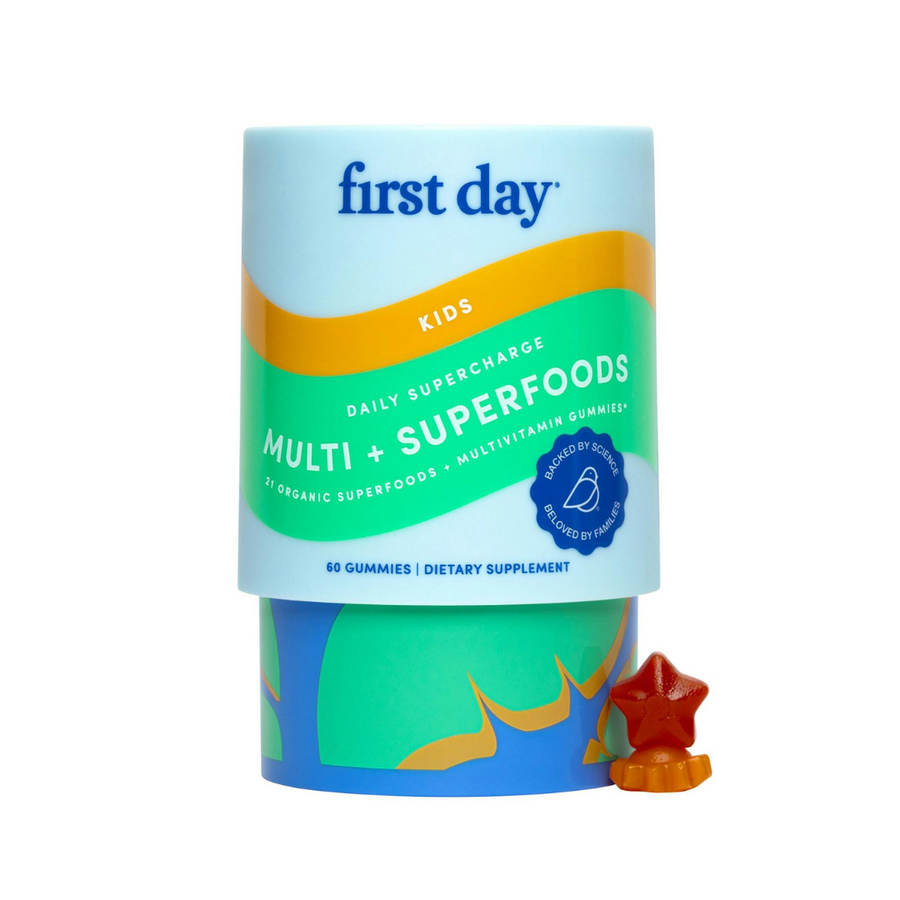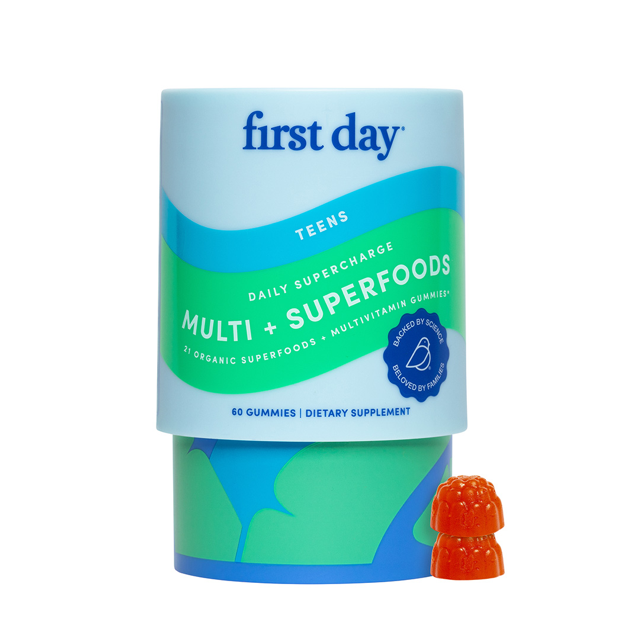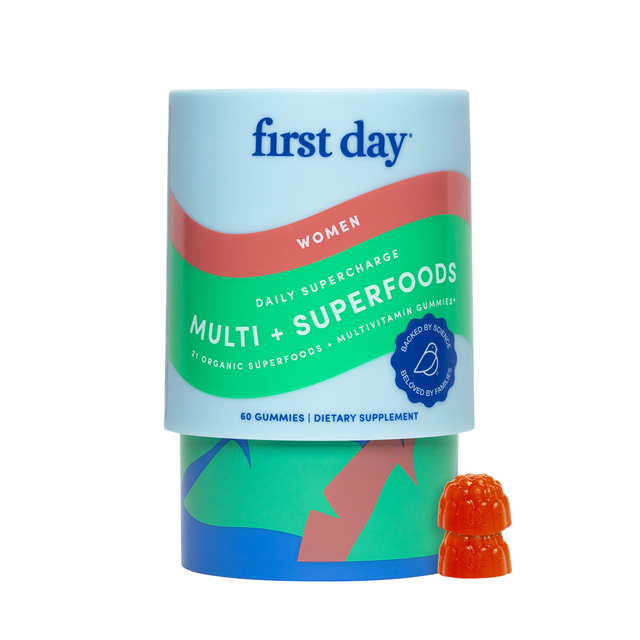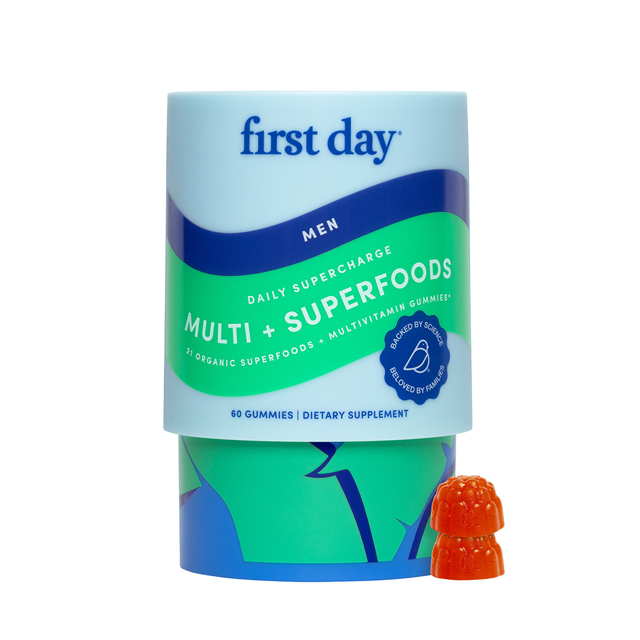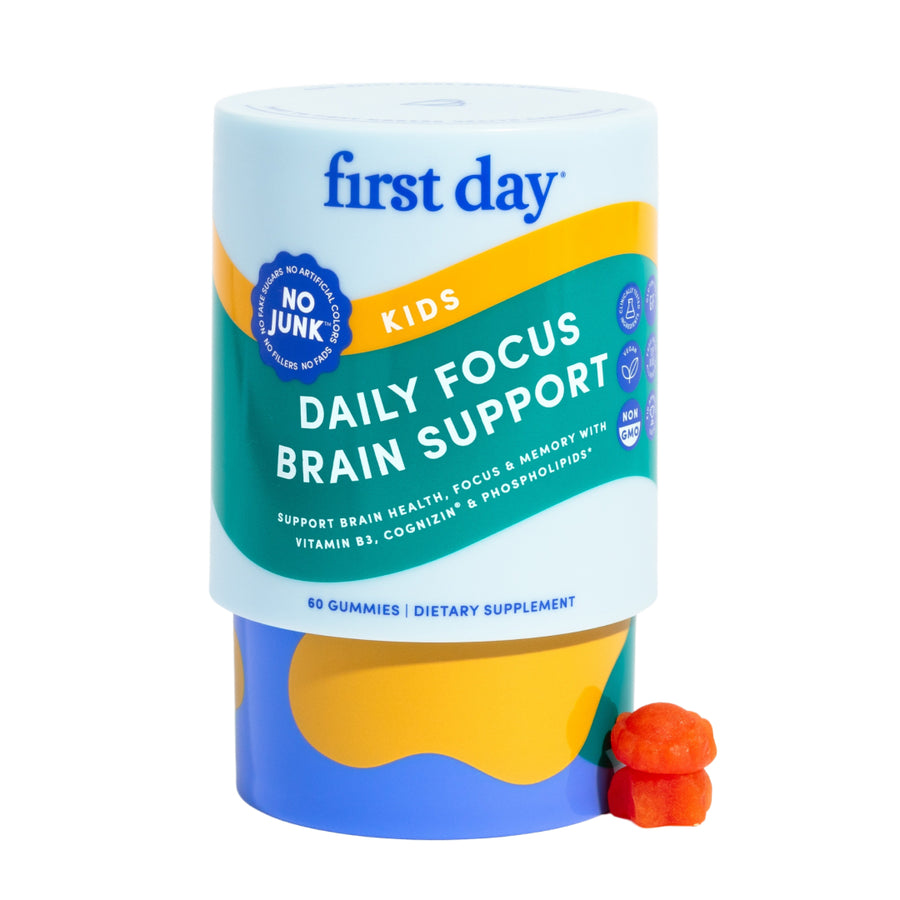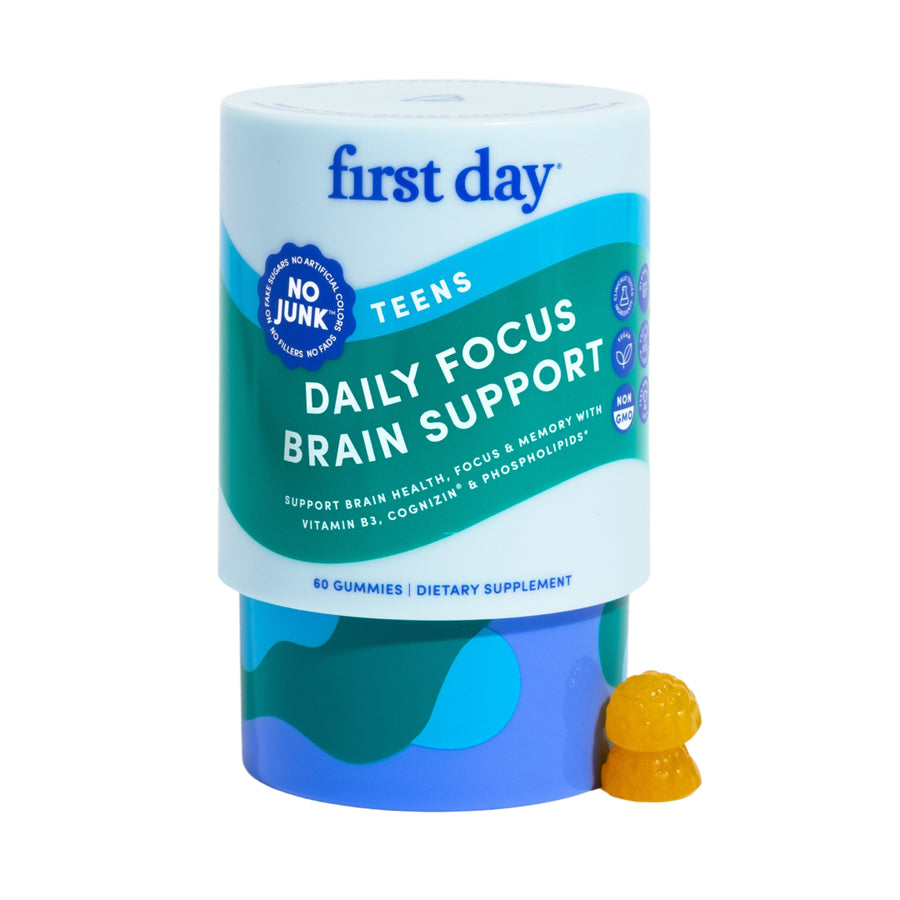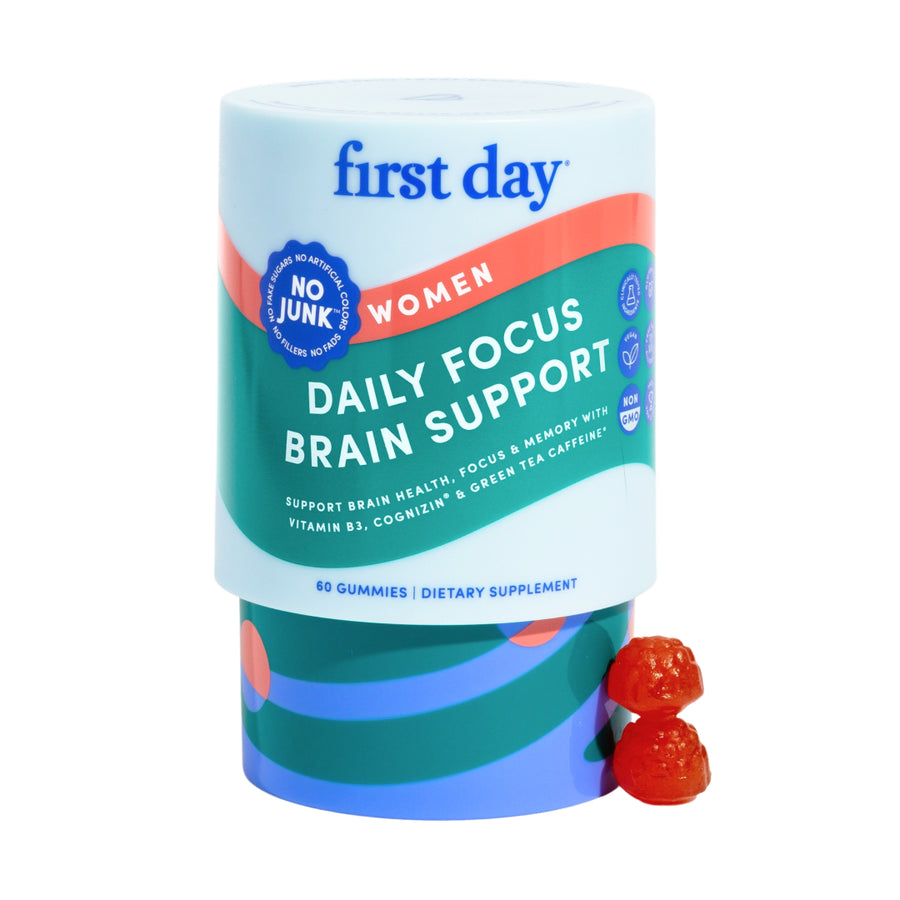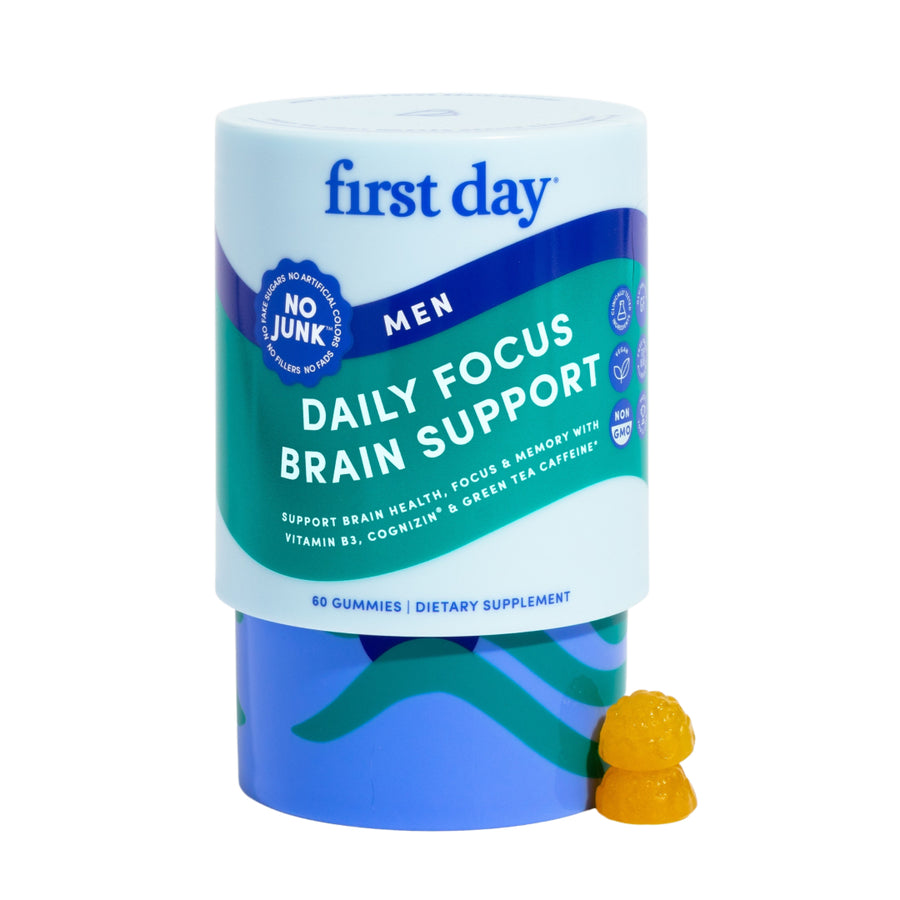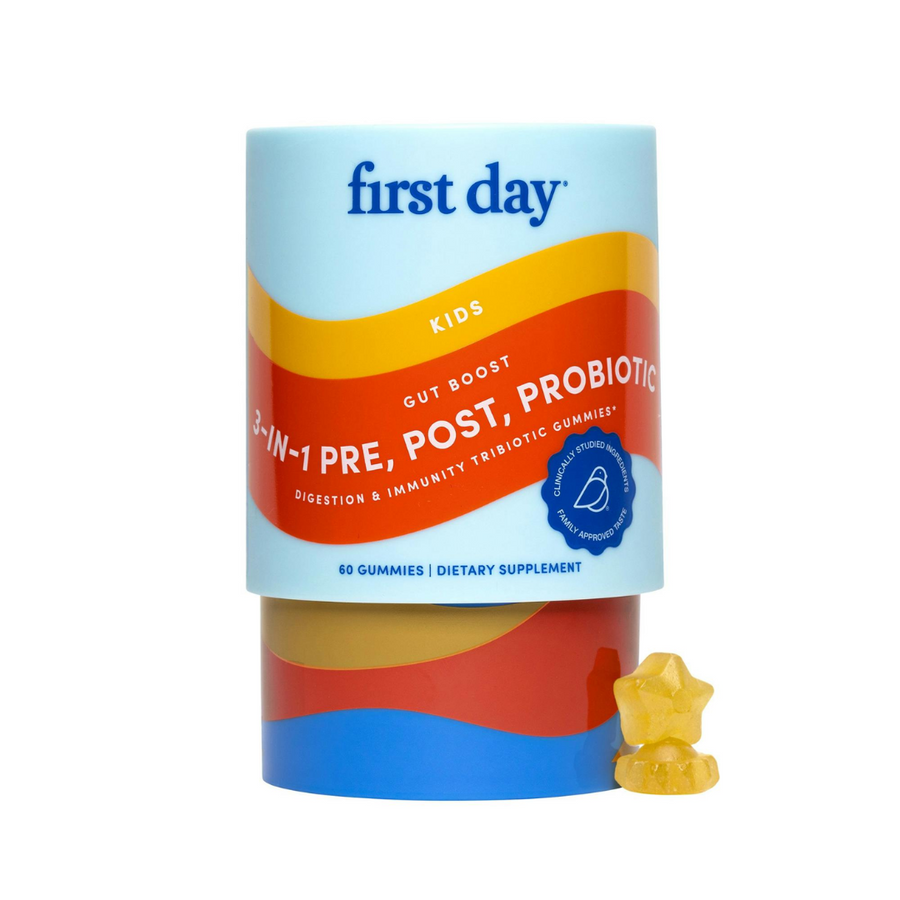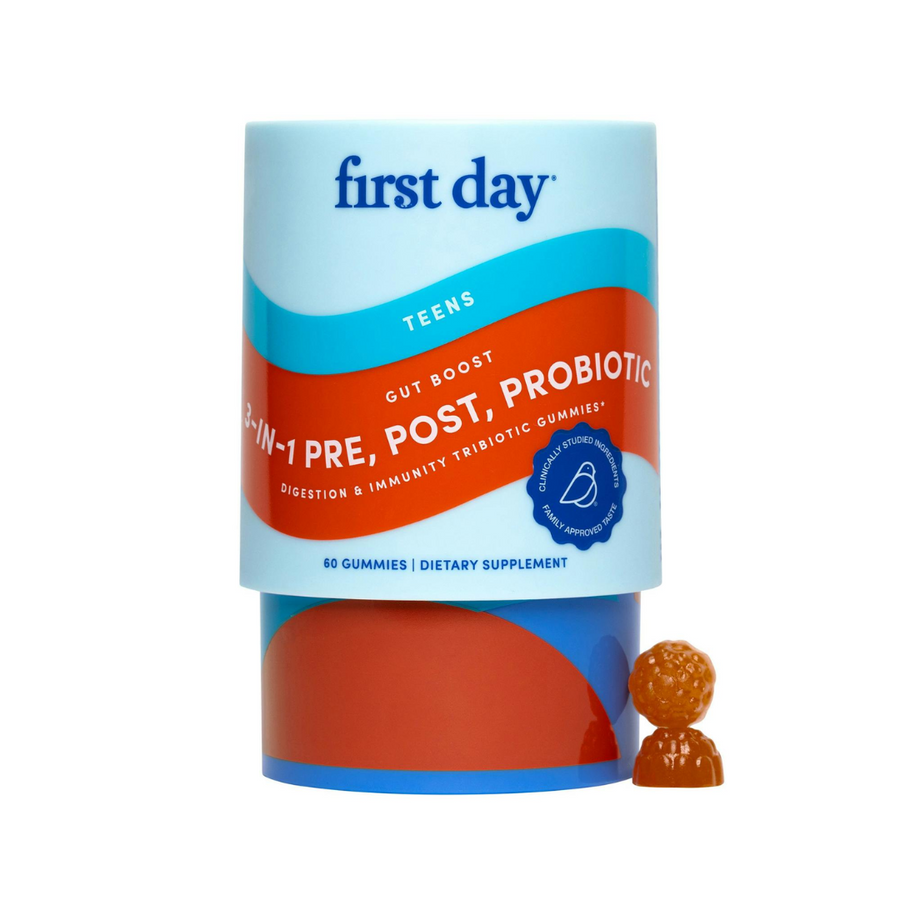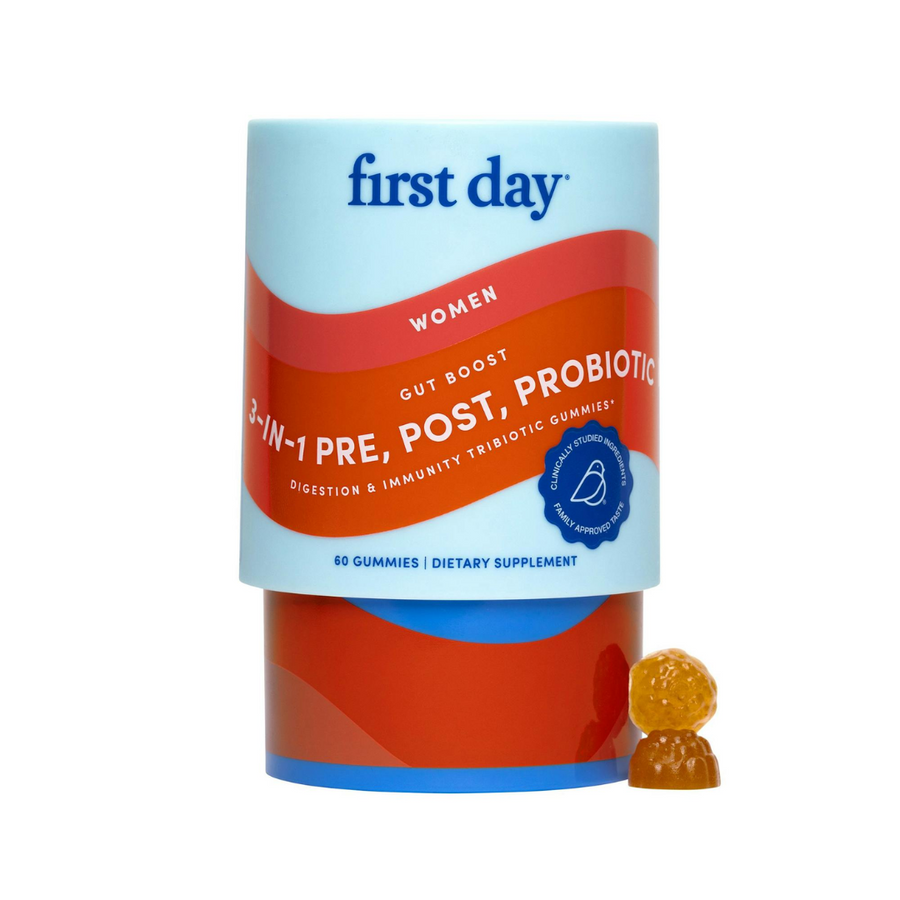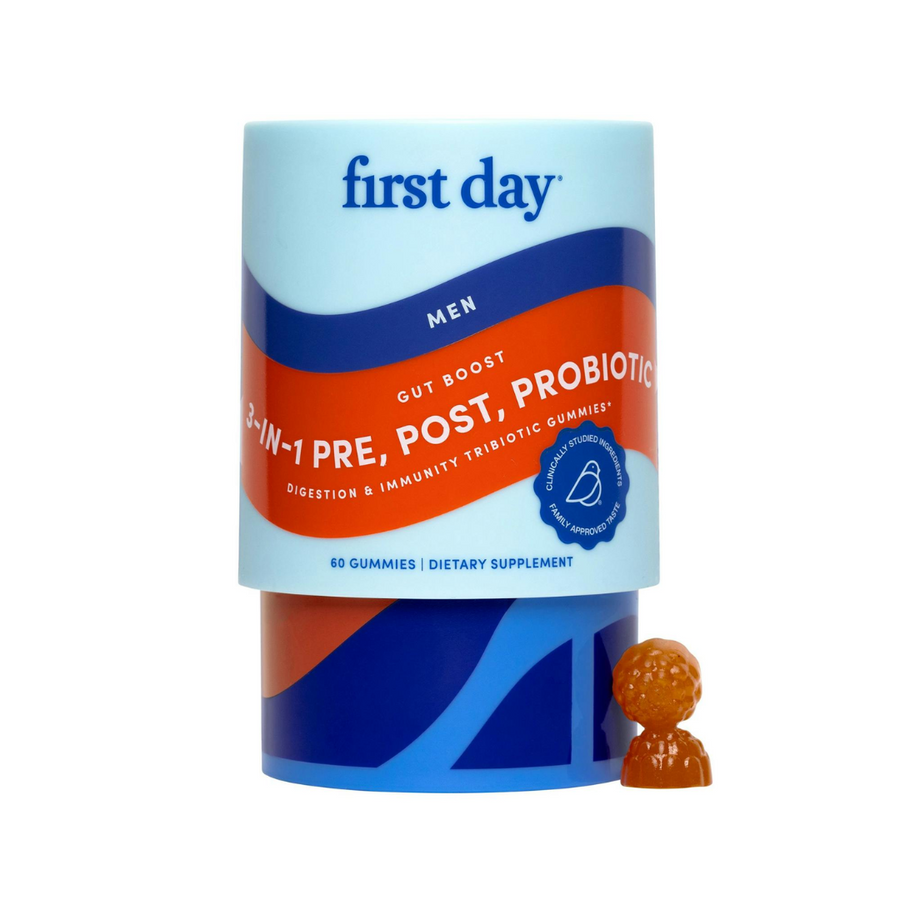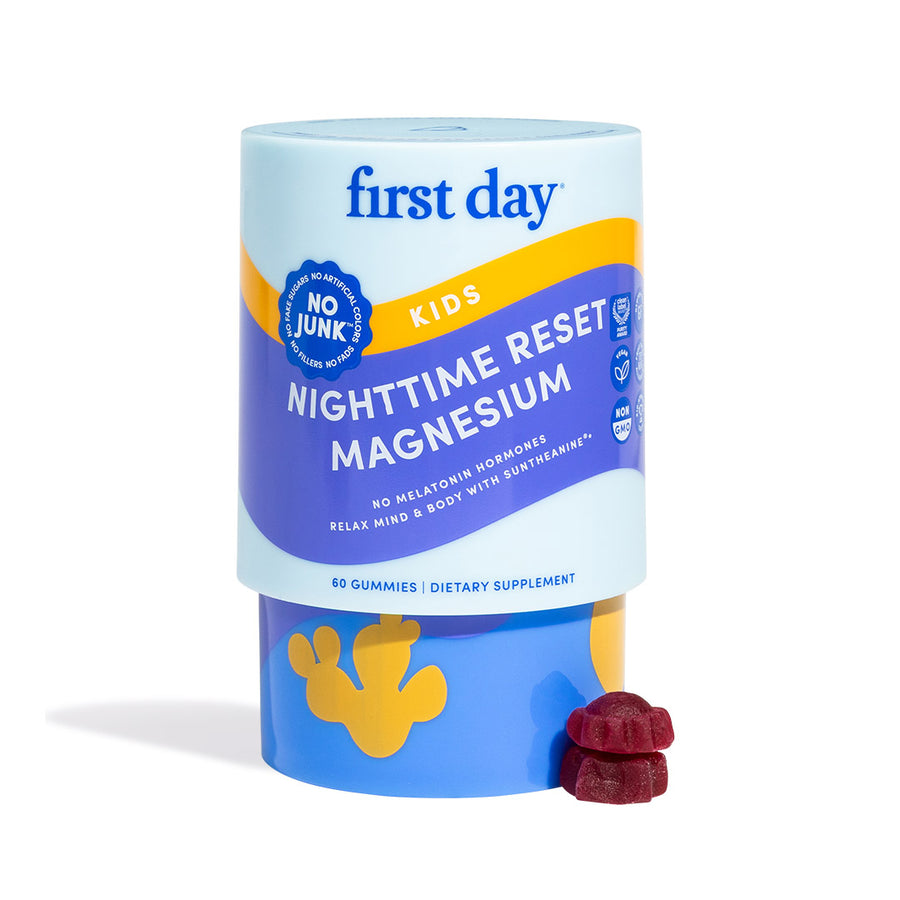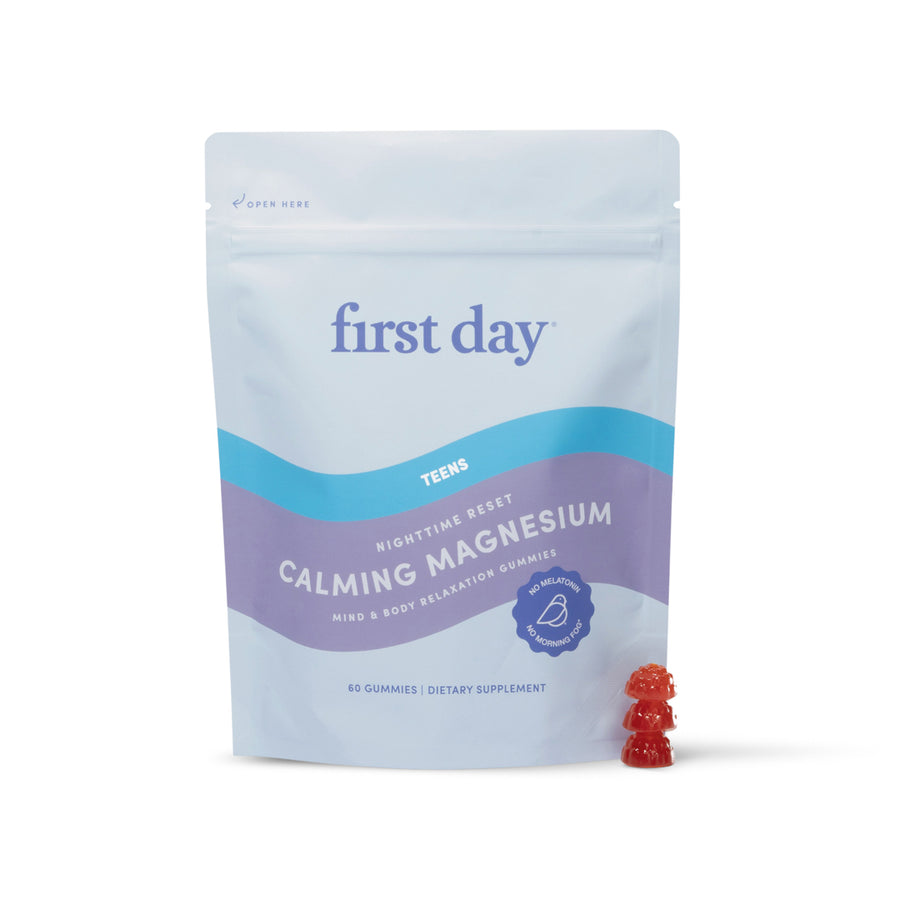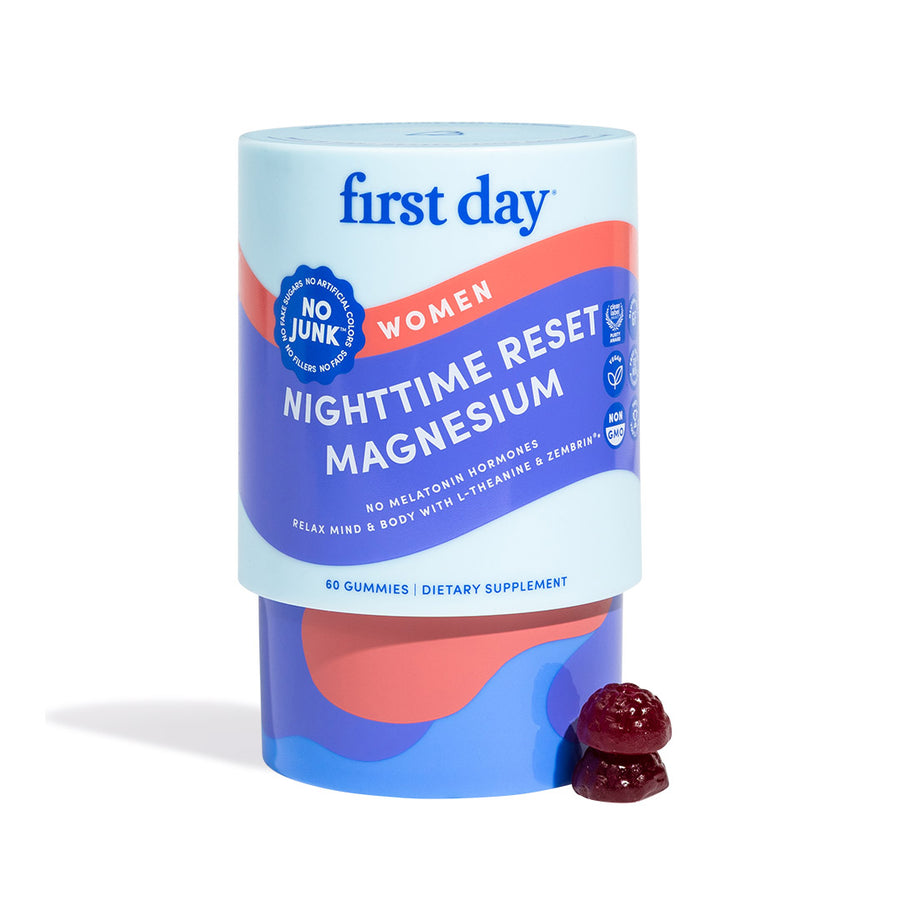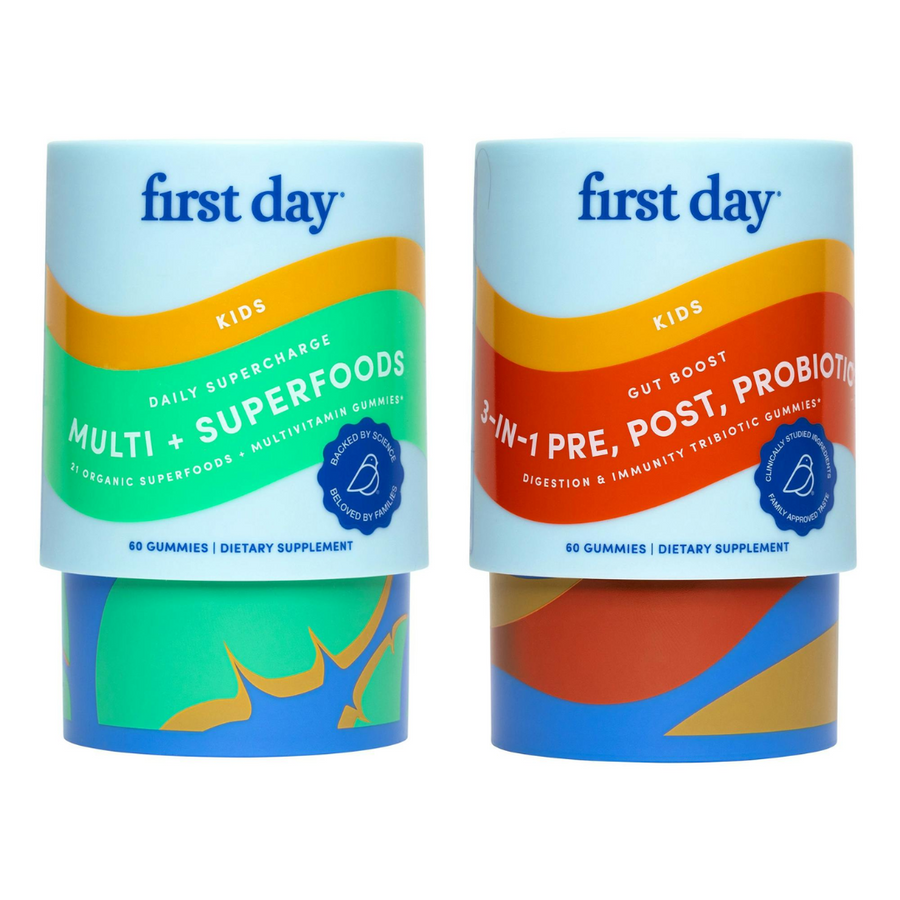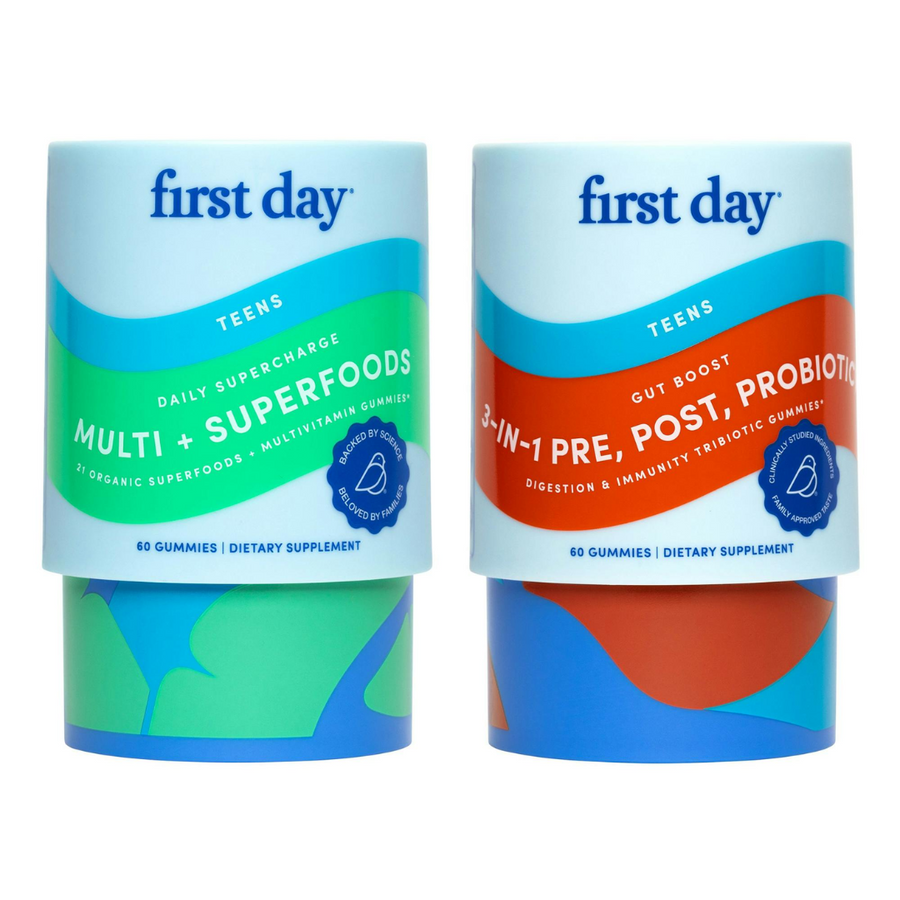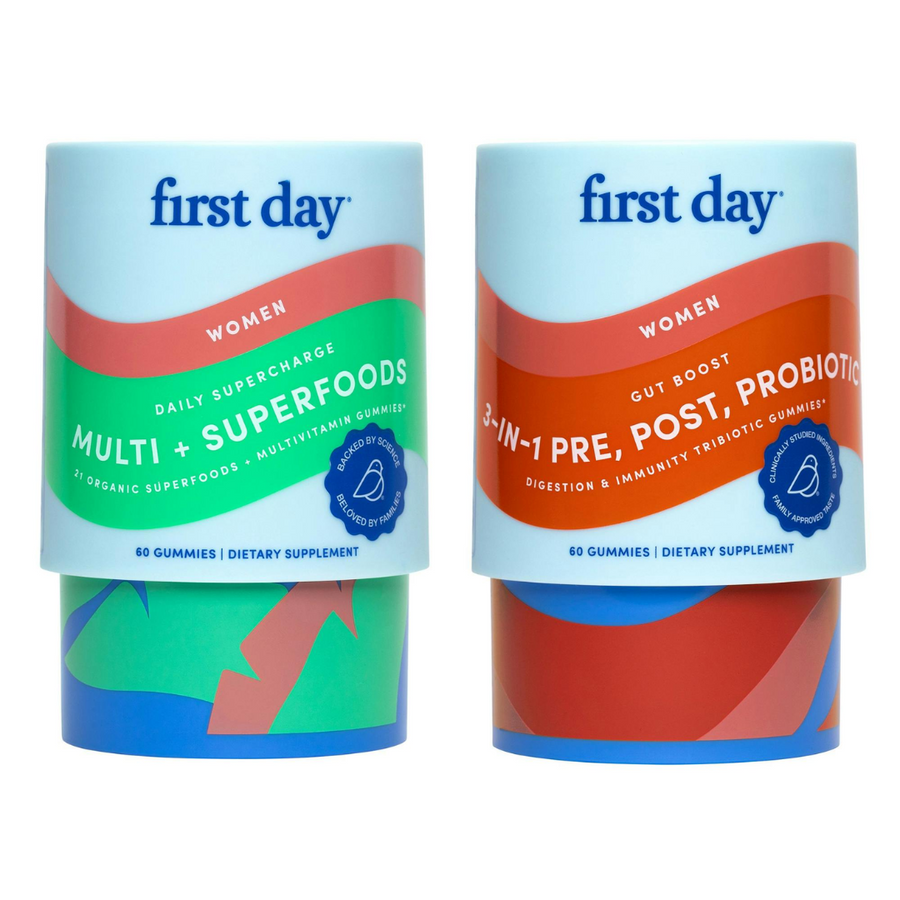As parents, we know you desire your infant or child to develop into a robust and healthy adult. You want your child to be strong mentally and physically so they can compete with other kids.
Most people know vitamins are good for their kids’ health. But not all of them know that vitamins encourage children's growth and help develop their eyesight. Not only that, Vitamins help in Healthy bones and muscles and robust immune systems that prevent disease and infections.
Additionally, vitamins are much needed for the mental growth of kids. The vitamins that kids ingest lead to developing solid muscles and organs. Serious issues can result from vitamin and mineral deficiencies in some cases.
Most kids have no trouble acquiring all the vitamins and nutrients they need from a diet that includes foods from all the major food groups. The best way to ensure that your child is taking all the essential vitamins and minerals is to feed them a wide variety of foods enriched with different vitamins and minerals.
Let's talk about vitamins in detail and why your kids need them.

What are Vitamins?
Vitamins are a class of nutrients required for healthy cell growth, development, and function.
There are thirteen necessary vitamins.
- Vitamin A
- Vitamin C
- Vitamin D
- Vitamin E
- Vitamin K
- Vitamin B1
- Vitamin B2
- Vitamin B3
- Vitamin B6
- Vitamin B12
- Vitamin B5
- Vitamin B7
- Vitamin B9
There are two categories of Vitamins.
- Vitamins that are Fat Soluble
- and water-soluble
Fat-soluble vitamins are stored in the body's fatty tissue and liver. Foods containing fat-soluble vitamins include fruits, vegetables, meat, and nutritional supplements. A, D, E, and K are included in the list of fat-soluble vitamins.
On the other hand, despite being carried through body tissues, water-soluble vitamins are not retained. Humans often excrete water-soluble vitamins in their urine. Vitamin C and B vitamins are examples of water-soluble vitamins.
It's crucial to remember that taking too many fat-soluble vitamins could be dangerous because the body stores these nutrients. To keep them healthy, we continuously give our kids vitamins, but since too much of anything is harmful, your child can experience serious issues.
Different Vitamins and Their Importance for Kids
Our body respond to vitamins in various ways. Some vitamins are necessary for healthy eyes, while others are crucial for healthy brain function. Some vitamins strengthen our bones, while others are healthy for our skin.
Let's go through various vitamins in-depth and how our kids can benefit from them.
Vitamin A
Your kids need Vitamin A for healthy skin, growth, development, and a robust immune system. Liver, pork, milk, eggs, orange fruit, and vegetables like carrots and sweet potatoes are good sources of vitamin A.
Vitamin C, D, E, and K
- C vitamin aids collagen formation, which is essential for strengthening bones, muscles, and skin.
- For the formation and growth of their bones, kids need vitamin D.
- Vitamin E buildup the immune system and help the body ward off pathogens. In addition, vitamin E maintains blood vessels open wide so that blood may flow easily.
- It takes vitamin K to help blood clot.
Vitamin B1
Do you want your kid to be mentally strong? They need Vitamin B1. For their neurological solid system and muscles to function effectively, vitamin B1 aids in releasing energy from meals.
Fish, pork, yeast extracts (like Vegemite), whole grain slices of bread, and fortified morning cereals are all excellent sources of vitamin B1.
Vitamin B2
It helps to increase your child's body's synthesis of red blood cells. It promotes energy production and digestion. It creates vitamin B3 and activates vitamin B6.
Milk, yoghourt, pork, cheese, yeast extracts, eggs, whole grain bread, and fortified morning cereals are sources of vitamin B2. B2 vitamin aids in food's ability to release energy.
Vitamin B3
The kid's body needs this vitamin to turn fats and carbs into energy. Additionally, it supports the health of young tummies, the nervous system, and healthy skin.
Meat, fish, chicken, nuts, and yeast extracts are good sources of vitamin B3.
Vitamin B5
A crucial vitamin, vitamin B5, aids in the production of red blood cells in your kid's body and converts food into energy.
A rich source of vitamin B5 includes liver, beef, chicken breast, mushrooms, avocado, nuts, seeds, and dairy products.
Vitamin B6
For children's developing and functioning brains, vitamin B6 is also essential. It facilitates the body's production of the hormone’s norepinephrine and serotonin, which controls mood (which helps your kid’s body cope with stress).
Meat, fish, wholegrain products, vegetables, and nuts are good sources of vitamin B6.
Vitamin B7
B7 (biotin) is necessary for your child's body to digest food and convert it into energy. For your child to properly develop and thrive, all the cells in their body require biotin.
Walnuts, peanuts, cereals, milk, egg yolks, whole grain bread, salmon, ham, sardines, mushrooms, and cauliflower are foods that contain this vitamin. Biotin-rich fruits include avocados, bananas, and raspberries.
Vitamin B9
Another term for vitamin B9 is folate. It maintains the health of the heart and blood arteries and is crucial for producing blood cells. Children's development depends on it.
Dark-green vegetables with leaves (turnip greens, spinach, romaine lettuce, asparagus, Brussels sprouts, broccoli) Beans. Peanuts. Seeds of a sunflower. Fruit juices and fresh fruits. Whole grains. Liver. Moreover, some sources of vitamin B9 include seafood.
Vitamin B12
The formation of red blood cells, the functioning of the central nervous system, and the conversion of food into energy depend on vitamin B12. To grow and create new cells and for the immune system to operate normally, vitamin B12 is also necessary.
You can obtain vitamin B12 from animal products, including meat, fish, eggs, milk, and some morning cereals that have been fortified.

How Much Vitamin Intake Is Required For Kids
We know you desire a healthy, powerful child. Your day can be made brighter by your child's smile. Sometimes we give our kids too many vitamins; however, if they are consumed in excess, these vitamins might cause significant health issues for your children.
For example, Short-term health issues from excess vitamin A include brittle nails and hair loss, and long-term problems like liver damage and skeletal deformities.
Vitamin B3 can result in nausea, liver damage, rashes, and other skin problems. So it's always better to consult your doctor and know what vitamins your kids need.
The below table lists the RDA for micronutrients during childhood, for ages 4 to 8 years, as determined by the FNB (Food and nutrition board, institute of medicine, National Academy of science.)
IU here means International Unit
| Vitamin | Requirement |
|---|---|
| Vitamin A | 400 μg/day (1,333 IU/day)c |
| Vitamin B6 | 600 μg/day |
| Vitamin B12 | 1.2 μg/day |
| Vitamin C | 25 mg/day |
| Vitamin D | 15 μg/day (600 IU/day) |
| Vitamin E | 7 mg/day (10.5 IU/day)d |
| Vitamin B7 | 12 μg/day (AI) |
| Vitamin B9 | 200 μg/day |
| Vitamin B3 | 8 mg/day |
| Vitamin B5 | 3 mg/day (AI) |
| Vitamin B2 | 600 μg/day |
| Vitamin B12 | 600 μg/day |
Multivitamin for Kids
It's beneficial if children acquire their recommended daily allowance of vitamins from meals. However, because of their mood fluctuations, children rarely prefer to eat healthful meals. They have picky eating habits, and even if they don't, other factors can cause them to be vitamin deficient, just like any chronic sickness or significant illness.
We understand that it might be a nightmare for some parents, but there are multivitamins on the market that can help your child acquire all the essential vitamins they require for healthy development.
- One such multivitamin company is the First day. Most parents disapprove of multivitamins because they think they are sugar-coated, and their children can consume sugar bombs in the name of multivitamins. However, fruit is used to sweeten the first day.
- Twelve organic fruits and vegetables are used to make these multivitamins. Give your child these essential vitamins in the form of first-day gummies if they are a fussy eater and dislike consuming fruits and vegetables.
- These gummies result from years of thorough research by Harvard and Yale-educated physicians. Therefore, if you have doubts about them, you should know that the world's top physicians made them.
- These multivitamins contain 9 vital vitamins for your child's healthy physical and mental development.
- Healthy growth and development, brain function, immune support, and emotional development are all benefits of first-day multivitamins.
Conclusion
Give your kids vitamins to help them grow into healthy, capable adults. If they are physically and intellectually fit, they will succeed in their studies and personal lives.
It is best to get these vitamins naturally through dairy, cereals, fruits, and vegetables. First-day multivitamins are the best solution if your children cannot obtain all the vitamins they need from natural meals.
We suggest you speak with your child's doctor before deciding and acting on their advice.

